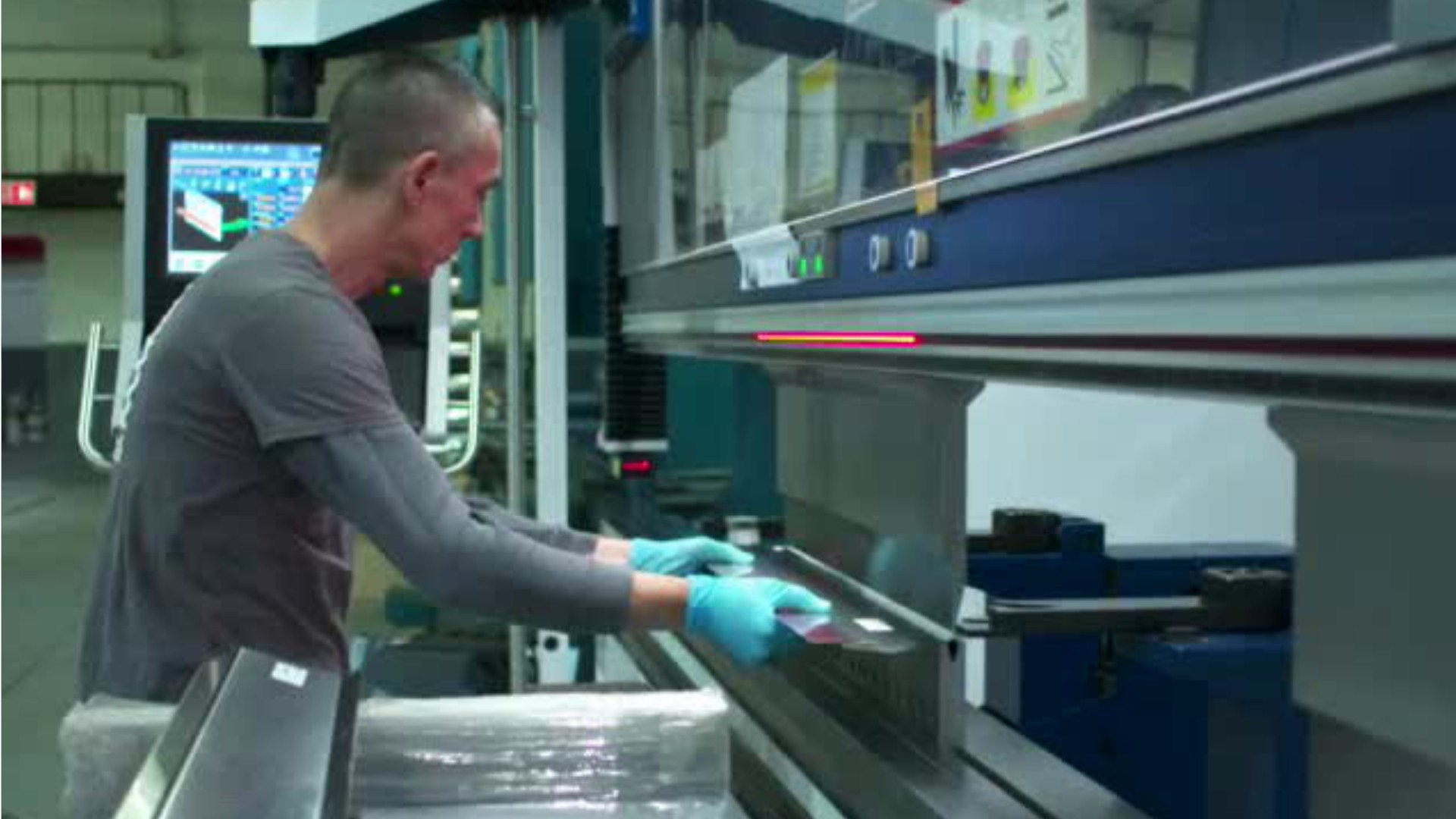Metal-Refining Furnace Operators & Tenders
Central Melt Specialist, Furnace Operator, Melter, Vacuum Melter
What they do:
Operate or tend furnaces, such as gas, oil, coal, electric-arc or electric induction, open-hearth, or oxygen furnaces, to melt and refine metal before casting or to produce specified types of steel.
On the job, you would:
- Regulate supplies of fuel and air, or control flow of electric current and water coolant to heat furnaces and adjust temperatures.
- Draw smelted metal samples from furnaces or kettles for analysis, and calculate types and amounts of materials needed to ensure that materials meet specifications.
- Weigh materials to be charged into furnaces, using scales.
Knowledge
Manufactured or Agricultural Goods
- manufacture and distribution of products
Engineering and Technology
- mechanical
Safety and Government
- public safety and security
Business
- management
Skills
Basic Skills
- keeping track of how well people and/or groups are doing in order to make improvements
- listening to others, not interrupting, and asking good questions
Problem Solving
- noticing a problem and figuring out the best way to solve it
Abilities
Hand and Finger Use
- hold or move items with your hands
- keep your arm or hand steady
Controlled Movement
- quickly change the controls of a machine, car, truck or boat
- use your arms and/or legs together while sitting, standing, or lying down
Attention
- pay attention to something without being distracted
Personality
People interested in this work like activities that include practical, hands-on problems and solutions.
They do well at jobs that need:
- Cautiousness
- Attention to Detail
- Dependability
- Stress Tolerance
- Perseverance
- Integrity
Technology
You might use software like this on the job:
Spreadsheet software
- Microsoft Excel
Office suite software
- Microsoft Office software
Data base user interface and query software
- Process safety management software
Education
Education: (rated 2 of 5)
high school diploma/GED or
no high school diploma/GED
usually needed
no high school diploma/GED
usually needed
Get started on your career:
Apprenticeship.gov
Job Outlook
Below Average
New job opportunities are less likely in the future.
Explore More
- Cleaning, Washing, & Metal Pickling Equipment Operators & Tenders
- Furnace, Kiln, Oven, Drier, & Kettle Operators & Tenders
- Heat Treating Equipment Setters, Operators, & Tenders, Metal & Plastic
- Separating, Filtering, Clarifying, Precipitating, & Still Machine Setters, Operators, & Tenders
- Welding, Soldering, & Brazing Machine Setters, Operators, & Tenders
You might like a career in one of these industries:
See more details at O*NET OnLine about Metal-Refining Furnace Operators & Tenders.





